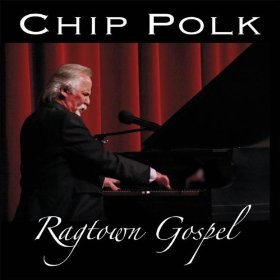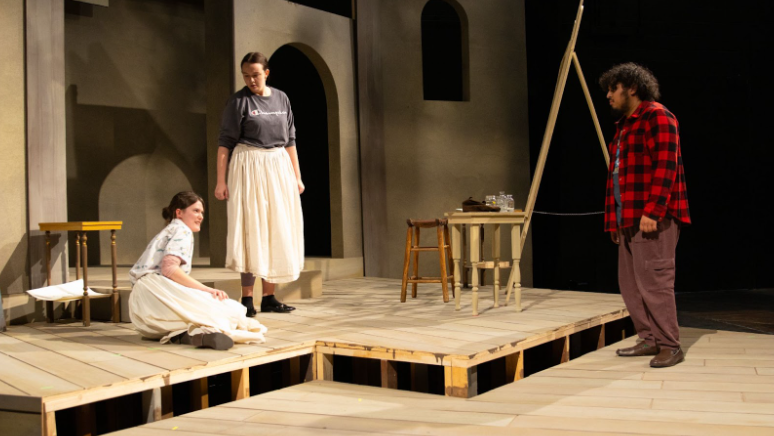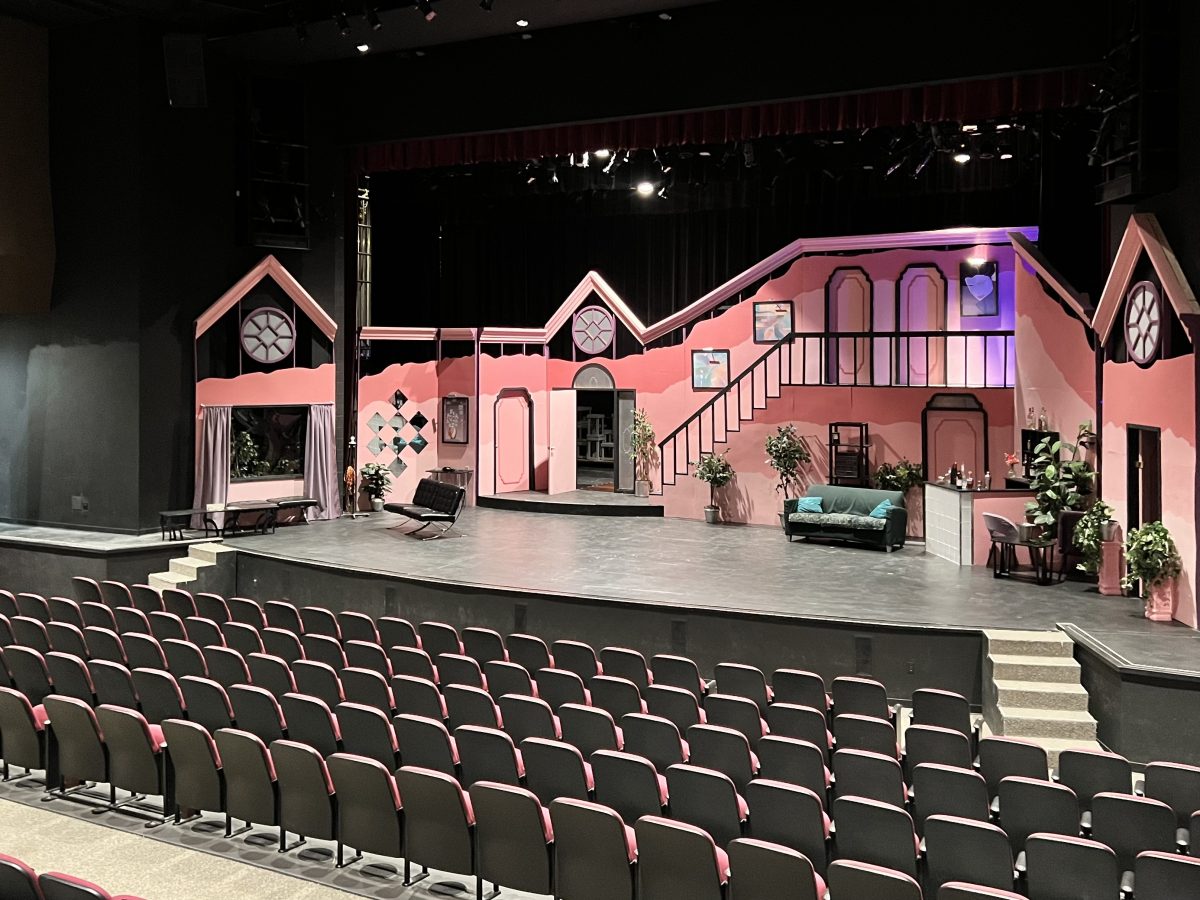
The rolling hills of Austin, the rugged mountains of El Paso, the golden coast of Corpus Christi- none compare to the beauty and grandeur of the high plains of West Texas, where you can see for miles and the evening sunset colors the sky with radiant light. Located at the foot of the Llano Estacado, the town of Post was founded by cereal magnate C.W. Post in 1907 as a utopia on the plains. The town soon became known as “The Gateway to the Plains of West Texas.” Today, Post is a small farming and ranching community. Although not the promised land that C.W. had envisioned, it is home to one of the most unique acts in the state of Texas- The Ragtown Gospel Theatre.
Ragtown is the brainchild of Chip Polk, a man filled with a complex combination of creativity and conviction. It is a sanctuary of comfort in the West Texas wilderness, where the heart is encouraged after a night of old-time gospel singing and a presentation of the gospel message. The story of Ragtown is one of hard work, determination, and a faith that has helped the town´s residents fulfill their mission: “to portray the message of Jesus Christ and the sacrifice that he made on behalf of us sinners.”
Turning off the paved highway, the car rumbles as it hits the rough dirt road, reminding each passenger that they are now in rural Texas, where farmers are subject to every whim of the weather and playwrights to the whims of their nightly audiences. Opening the doors to the theater, the feeling of being in first century Jerusalem is overwhelming. Roman columns stand at the back like soldiers on guard, and the gates of Jerusalem lie open at the front of the stage, welcoming each visitor. Robin Polk, Chip’s wife and designer of the theater, got her inspiration from architecture in ancient Israel, as well as from current-day travel books depicting the Holy Land. Tonight’s production at the theatre is Heaven: A Divine Comedy, starring Glenn Polk, Chip’s older brother, who acts in a literal one man show.
The playwriting fever first infected Chip as a boy growing up in Post after seeing the play Texas at the Palo Duro amphitheater. Years later he penned Ragtown: The Musical, a play about the founding of Post. He then went on to write Paul, the Apostle, a one-man play which his talented brother Glenn performed hundreds of times around the country. In 1995, some ranch land northwest of Post was purchased with plans to build an amphitheater where the musical Ragtown could be performed. One day, Chip had a vision of building a gospel theater first. He eagerly proposed the idea to Glenn, who enthusiastically agreed to it. Chip’s wife Robin, however, was considerably more hesitant.
“I was scared to death,” she said. “I had not designed any kind of building, especially one of this magnitude, since I was in college.”
Despite the many unknowns, the Polk family forged ahead. From 2000 until 2005, when they first broke ground on the theater, 22 banks turned down the Polks before they came across one that shared their vision. Then, during the 19 month construction of the theater, they struggled to get basic building necessities and labor as a result of Hurricane Katrina. Thanks to the hard work of two builders, family members and high school students, people whom Robin refers to as “their angels” (their faces were used for the painted angels at the back of the theater), the Ragtown Gospel Theater, once just a pipedream in a creative mind, became a reality. In March of 2007, they opened their doors. Peter the Rock sold out three shows with 400 tickets purchased each, but only one of the three shows was performed due to a crippling ice storm. The Polks were bitterly disappointed by this turn of events for their premiere showing, but remained resilient, producing 13 plays and musicals over the next four years.
In addition to performing the plays, Chip wanted Ragtown to be an attraction for renowned gospel singers. Unfortunately, they did not have the kind of money that it took to attract the big names. Glenn’s wife, Twila, had encouraged Chip to sing, but the desire to sing was not there for Chip, who refused, saying he was not good enough. In spite of this feeling, Chip knew they had to do something.
“God told me that I was always prepared for this, the only question was: Are you willing? I agreed with God and He put the love and desire in to sing into my heart, and at 54 years old I became a gospel singer.”
Chip started to sing by himself, not wanting anyone to hear, but when he opened his mouth, a beautiful deep baritone voice emerged, surprising its owner. After that experience, all Chip could think about was singing.
“It’s a lot like falling in love. I just love communicating with the audience.”
And communicate he does. The lights lower to black as the spotlight reveals Chip sitting at the grand piano, relishing the moment. When Chip starts to sing the room comes alive, stirring the hearts of those in attendance to applause and amens.
In spite of everything that the Polks have accomplished at Ragtown Gospel Theatre, they remain ambitious in their future goals. They plan to finish the amphitheater to hold the musical Ragtown each summer. The Polks also hope to create a Biblical Times Feast, a detail which was incorporated into the original design of the theater. In the near future, the duration of each play will be shortened from thirteen weeks down to five weeks. Although the change will affect theatergoers, the Polks feel it is necessary in order to increase the size of their nightly audiences and relieve exhausted actors.
For tonight, the singing is over, the play is through, and a satisfied audience heads back to their cars. Looking up at the Texas night sky and seeing the thousands of glittering stars, one is reminded of the numerous obstacles that the Polks have already overcome and the opportunities that lie ahead for the cast and crew of the Ragtown Gospel Theatre. C.W. Post may not have created a utopia, but Chip Polk and his family have created a way for each person who attends the theater to experience a little heaven on earth on the plains of West Texas.








